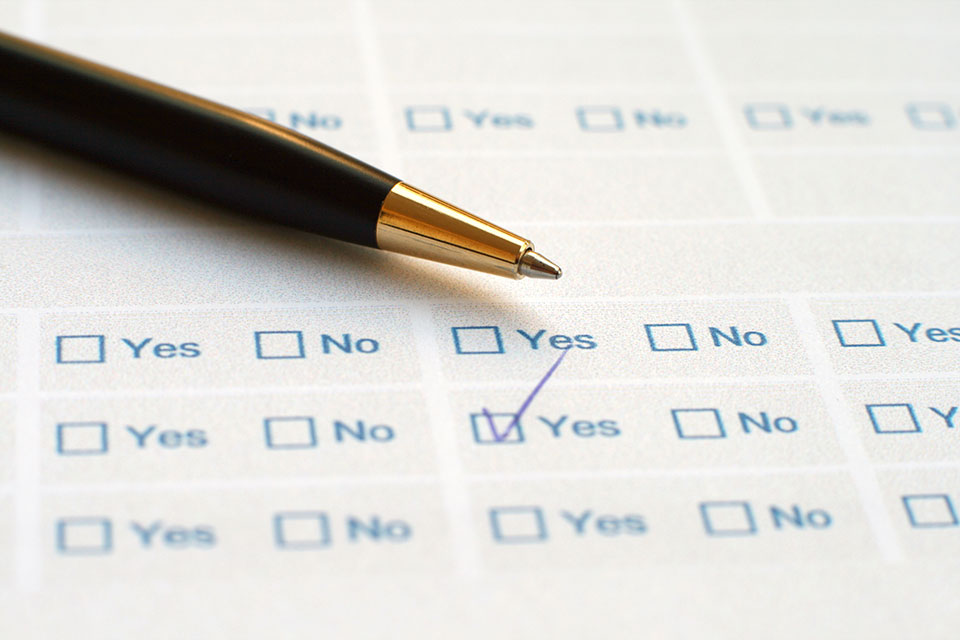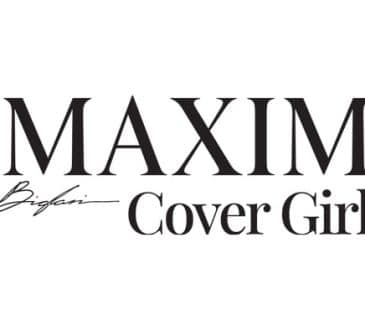Survey Shows How Our Social Preferences Have Changed Over the Last Year

Vaccines are rolling out, and states are beginning to relax guidelines. Could summer bring on a season of socializing? As Americans begin to weigh the risks, there’s still a high level of caution. Yes, people are anxious to resume normal activities such as going out to restaurants and concerts, traveling and (above all else) being able to hang out with family and friends.
Of all the layers of life that have been stripped away by the pandemic, the loss of casual intimacy, such as quality time with friends and family, has taken the biggest toll. In April 2021 we teamed up with Vox Media and surveyed more than 1,000 people to gain insights into social attitudes moving into summer 2021. Several key insights were gleaned into how consumer preferences have changed over the last year.
Socializing and events
Unsurprisingly, Americans did less entertaining and hosting in 2020/21. Large events and parties were the primary victims to fall by the wayside, with 59 percent saying they avoided large gatherings of 10+ people; 56 percent avoided clubs, meetings and associations; 55 percent avoided in-person celebrations such as weddings and birthdays and 49 percent avoided even smaller gatherings of eight or fewer people.
The attitudes on gatherings have changed, but don’t expect people to go wild in 2021. Many are merely thrilled to regain a sense of balance, somewhere between hermit and social butterfly. On average, respondents expected their social events to increase in 2021/22 by just 30 percent. Most do not expect to host or attend an event more often than every other month, about six total events in the year. While 75 percent are excited to be social again, there remains fear about hosting with only 28 percent of American’s looking forward to hosting people in their homes versus 51 percent excited to attend events thrown by their friends or family. Of all the things that people are looking forward to, seeing friends and family ranked No. 1 with small gatherings such as dinner parties for four being the most comfortable.
Sanitation & Social Distancing & Vaccination Preferences
In terms of being safer with Covid protocols and maintaining a cautious perspective when it comes to cleanliness and social distancing, many of us are used to these customs, but feel varying levels of importance to them.
We can expect conversations about testing and vaccinations to be a continued part of our everyday life for the near future, especially as we start to gather and host regularly. While 40 percent of respondents said they would ask guests to show proof of vaccination in order to attend their dinner party, 35 percent of respondents said they would ask for guests to be recently tested, particularly if at-home tests were readily available. And other pandemic response habits may be hard to shake off. When asked how important precautions are in planning their event, the main habits formed to stem the transmission of Covid-19 topped people lists.
When it comes to hosting and attending events, respondents noted that regular sanitization of the space is the most important at 55 percent. Next up was no sharing of food, drinks or utensils at 49 percent, with 41 percent of guests preferring single-serve portion options for catering. When it comes to wearing masks, 44 percent of respondents stated that they would ask guests to wear their masks.
People may be reluctant to go to a crowded house party, or perhaps they’ll wear a mask. Sanitizing and washing our hands whenever we arrive at a friend’s house may never go away, and for the younger generations, the handshake may be scrapped altogether.
Generational preferences
Generational differences were apparent as well. In terms of being safer with Covid protocols for hosting and attending events, Millennials and Gen Xers are more likely to find it important than Gen Z members. When asked if they’d have zero rules at gatherings, the generations were about the same at 12 percent; however, Millennials and Gen Xers were “very likely” to enforce the rules. Millennials were also the most likely to purchase Covid-friendly products for hosting. When asked about requiring proof of vaccination, 44 percent of both Millennials and Gen Xers said they would need proof compared to 32 percent of Gen Z. However, a flip in the market research was noticed when it came to asking for proof of a negative test, with 38 percent of Gen Z and Millennials saying they would ask, but only 30 percent of Gen X.
Cautiously optimistic
It’s clear that everyone is looking forward to getting back to some semblance of normal, and this latest research shows that summer 2021 is going to be the first toe dipped in the water. What people miss most are the causal interactions with friends and family that can take place in small groups, while large events and going out to crowded places will see much slower adoption. There have been clear preference changes, and as the situation continues to evolve we’ll likely continue to see preferences shift.
Bring the best of the CEOWORLD magazine's global journalism to audiences in the United States and around the world. - Add CEOWORLD magazine to your Google News feed.
Follow CEOWORLD magazine headlines on: Google News, LinkedIn, Twitter, and Facebook.
Copyright 2025 The CEOWORLD magazine. All rights reserved. This material (and any extract from it) must not be copied, redistributed or placed on any website, without CEOWORLD magazine' prior written consent. For media queries, please contact: info@ceoworld.biz








